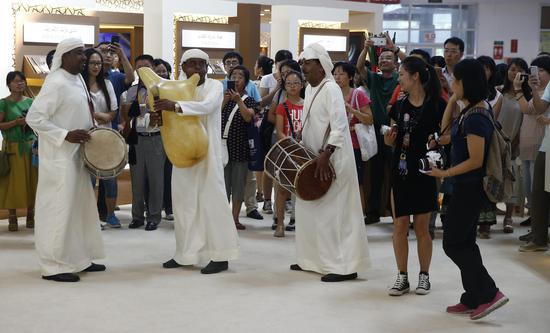
Shared goals and visions make the UAE value China very much.
China News Service Reporter: During his visit to the UAE in 2018, Chinese president Xi Jinping pointed out that our two countries are geographically far apart and different in national conditions. But we are both proud to have an enterprising and creative people who never give up their dreams. Similarly, the founding father of the UAE, His Highness Sheikh Zayed bin Sultan Al Nahyan, aptly noted that oil alone cannot bring progress to a country and that it must be combined with the hard work of its people. How can the two countries find a balance between mutual learning and win-win benefits under their background of different cultures, systems, and national conditions? What are their common cultural concepts and spiritual cores?
Ali Obaid Al Dhaheri: People from our two countries are talented, hardworking and creative, and determined to progress themselves and their country. The UAE was founded on the principles of tolerance, equality, generosity, and innovation, which coincides with Chinese classic ideas such as inclusiveness, integrity, and innovation. There are more than 200 nationalities living and working in the UAE. The expatriate community outnumbers the population of UAE nationals.
As the representatives of two major civilizations, both countries have actively promoted peaceful coexistence with all countries in the world. In 2020, the UAE normalized relations with Israel, which reflects its firm attitude in upholding human values, coexistence, and unity on the basis of tolerance. The UAE is committed to promoting regional stability and safeguarding world peace. As a permanent member of the UN Security Council, we note that China has promoted regional and global peace and stability while unswervingly following the path of peaceful development.
For 2022-2023 the UAE is a non-permanent member of the UN Security Council. We will firmly work with China and all members to strengthen multilateralism and contribute constructively to the efficiency and effectively to the operations of the security council.
Both countries, as open and free economies, have a high degree of complementarity. China is the UAE’s leading trade partner, while the UAE is China’s biggest trade partner in the Middle East and North Africa region. The UAE and China have pledged to deepen economic and trade cooperation continuously and have a goal of reaching USD 200 billion in bilateral trade by 2030; a four-fold increase from the present USD 50 billion.
Therefore, equality and mutual trust in politics, shared benefits, and win-win situations for our economies and trade, as well as common historical and cultural features, are where our two countries can seek mutual benefits; a win-win result.
China News Service Reporter: The joint development of the BRI has become a bright spot for cooperation between China and the UAE. The UAE is one of the first Arab countries to join the project. From the ancient Silk Road to BRI, why does the Arab world value economic, trade, and cultural exchange with the East? During these joint efforts, how has the UAE’s partnership with China been consolidated?
Ali Obaid Al Dhaheri: Arab countries and China have maintained good trade exchanges since ancient times. The Silk Road started two thousand years ago. Then, the lands of the Arabian Gulf served as a bridge between the Arab world and China, closely linking China in the East together with Arab countries in the West.
Now China has been successful in reincarnating a modern Silk Road in the form of the Belt and Road Initiative. Since the founding of the People’s Republic of China, the country has reached many milestones and become the second-largest economy in the world. It has the resources and capabilities to launch such a mighty endeavour. As China's comprehensive strategic partner, the UAE is an enthusiastic BRI member as it brings great opportunities for the UAE and many other countries.
As one of the first countries to join the BRI, the UAE actively participates in joint development. Our country is now the major BRI logistic hub for the Middle East and North Africa region. UAE was a founding member of the Asian Infrastructure Investment Bank (AIIB) and we aim to mobilize the bank to promote sustainable infrastructure development in Asia and beyond.
During the COVID-19 pandemic, I have been very impressed by the mutual support between both countries. President His Highness Sheikh Mohammed bin Zayed Al Nahyan stressed that he will support China's anti-epidemic efforts immediately, and the UAE government and has repeatedly provided medical materials to China. The world's tallest building, Burj Khalifa Tower, and other UAE landmarks were illuminated as a tangible gesture of support and to cheer for Wuhan and China. In November 2020, several government officials, including the Vice President of the UAE, took a lead in receiving China's vaccines. In December 2020, the UAE became the first country to approve the listing of Chinese COVID-19 vaccines. In the first half of 2021, trials jointly operated by the UAE’s Group 42 and China’s Sinopharm launched the first COVID-19 vaccine production line in UAE. This was the first "made-in-UAE" COVID-19 vaccine line, which promotes the UAE's "leading vaccination program" in 205 medical centers across the country. On December 27, 2021, the Health Ministry of the UAE approved the emergency use of a new recombinant protein vaccine manufactured by China’s Sinopharm. This event again demonstrated the UAE's vote of confidence in China's vaccine.
China News Service Reporter: On the occasion of celebrating the 50th anniversary of the founding of the UAE, the UAE put forward its development vision for the next 50 years. Along with China's BRI and all-around cooperation and communication in various fields, how will this new roadmap affect the development of the UAE?
Ali Obaid Al Dhaheri: The UAE has formulated its UAE Centennial 2071 strategy for the next 50 years. On this basis, we will strive to build up a "kindness-ruled government" with an emphasis on scientific and technological innovation and leading high quality education, making the UAE one of the best economies and creating a happy and cohesive society.
China is the UAE’s largest trading partner and has also accumulated long-term and close cooperation in science and technology with the UAE. I believe that in the future, our two countries can inject even stronger impetus into cooperative development of scientific research, technology, and innovation.
For example, both two countries have similar ambitions in space exploration. The UAE is the first Arab country to implement a space program. China has made remarkable achievements in the aerospace sector. In particular, the recent successful extravehicular flight of Chinese astronauts shows China's increasingly mature technology in manned aerospace. I think the two countries will have extensive latitude for cooperation in the aerospace field. Moreover, the UAE has cooperated with Huawei to become the first Arab country to deploy 5G networks. Our goal is to achieve 100 percent 5G coverage by 2025. We can also cope with more global challenges, such as climate change, desertification control and environmental protection.
For the next 50 years, the UAE will work with China to deepen cooperation in various fields within the framework of the comprehensive strategic partnership. Focusing on the BRI, we will to contribute more to common prosperity. Let the people of our two countries join hands together for a better future! (Full Text)








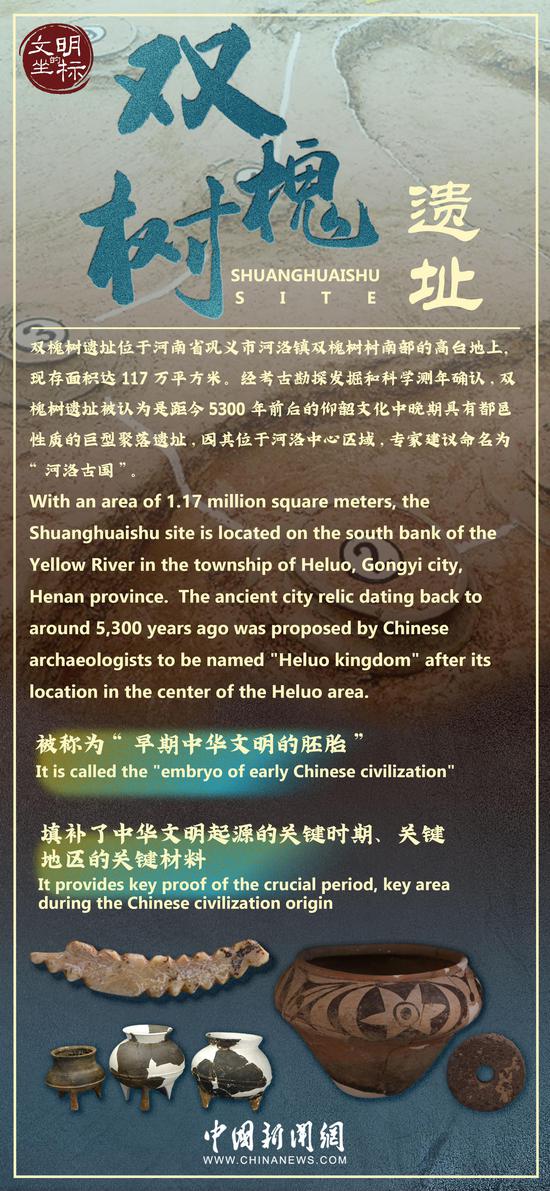
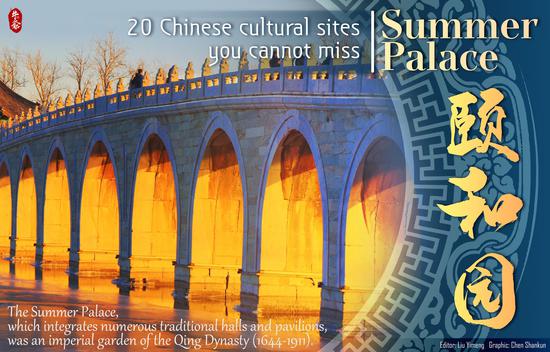
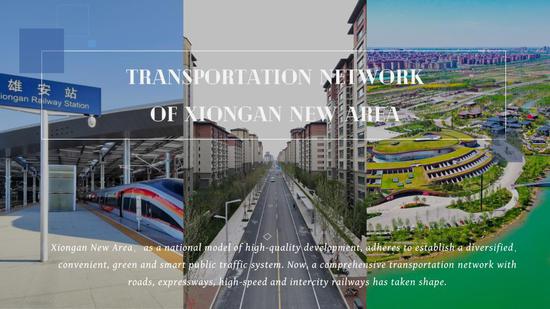
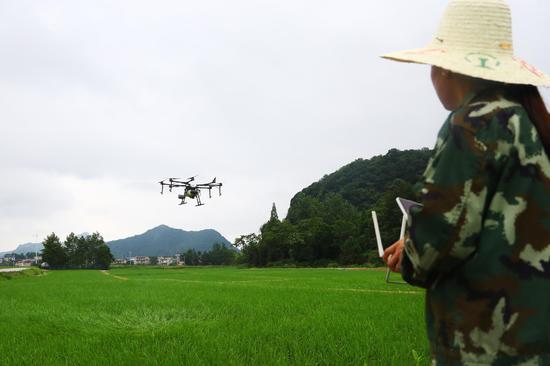
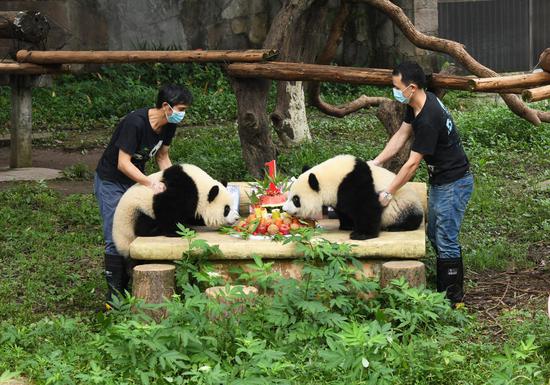
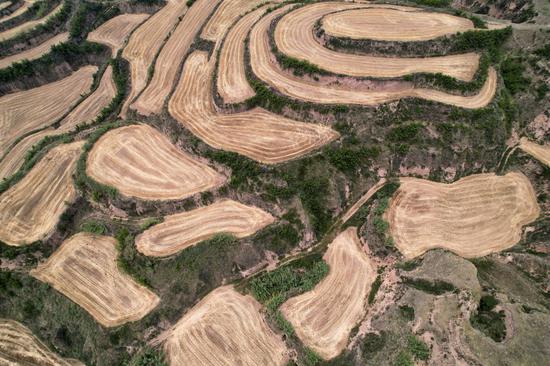
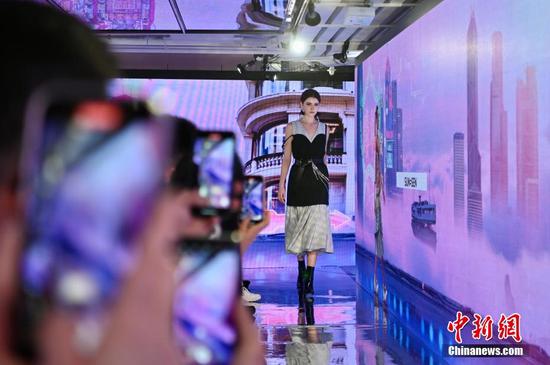
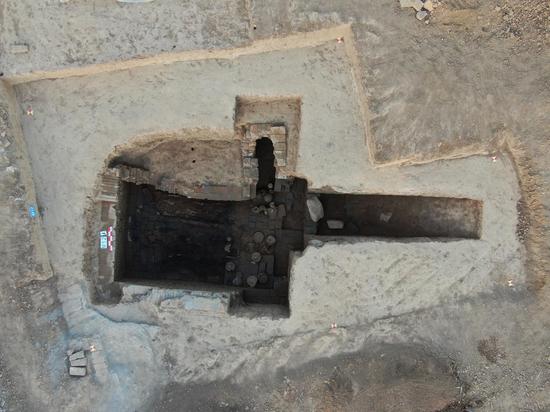
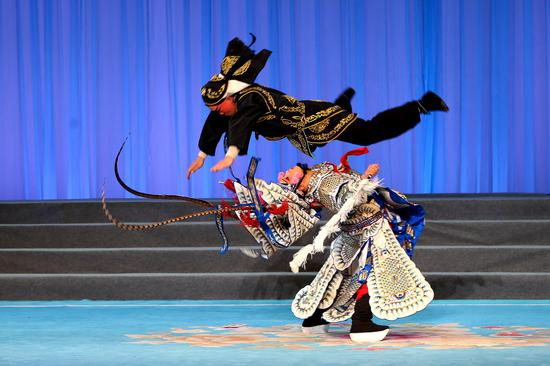
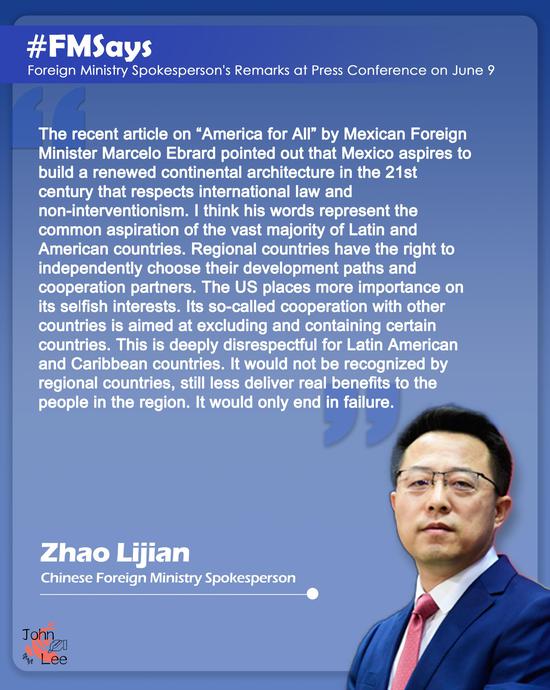
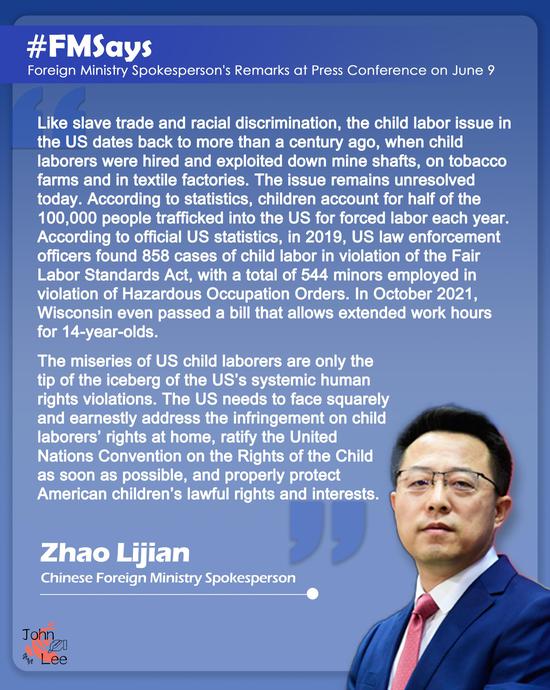
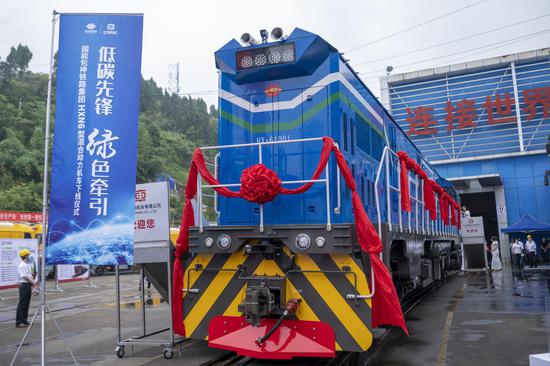

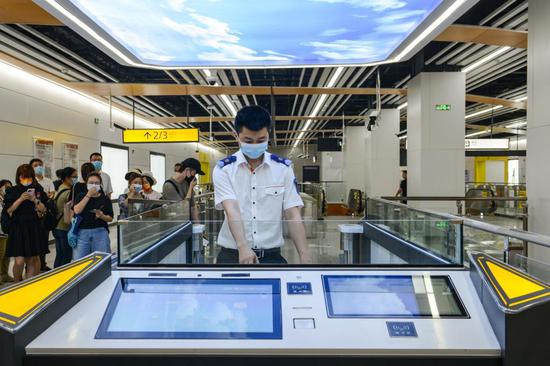

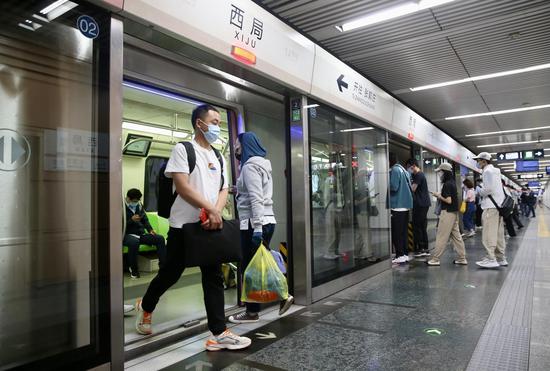
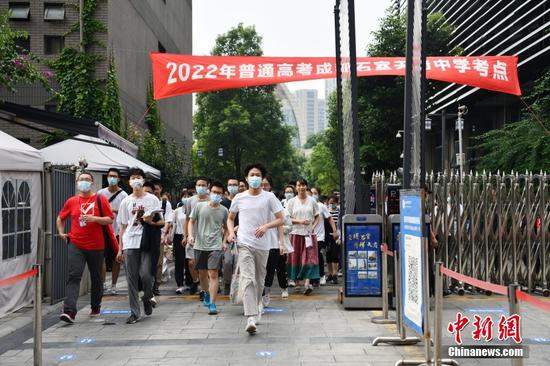
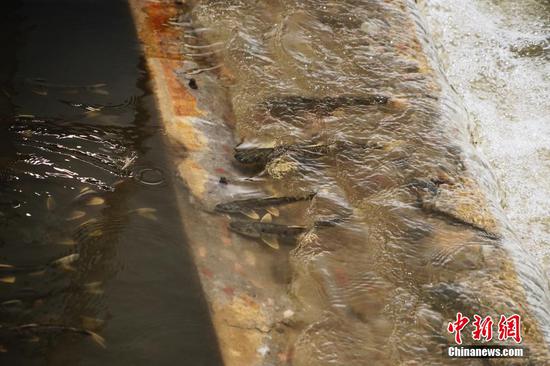

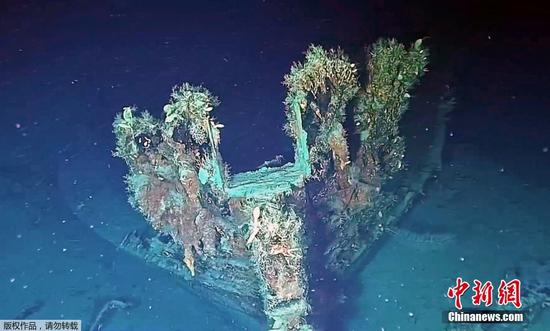
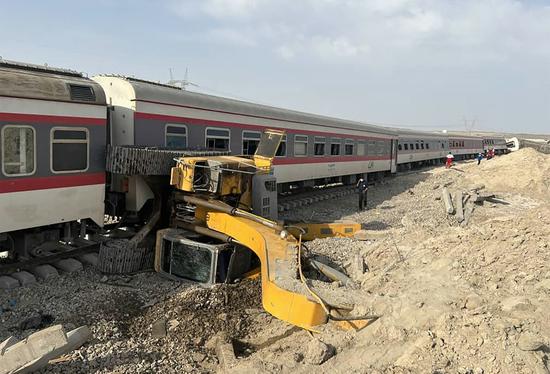
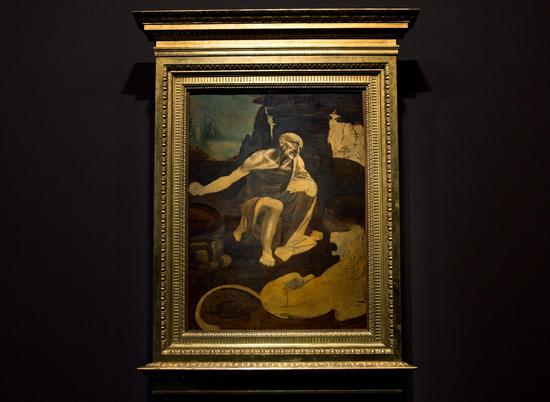
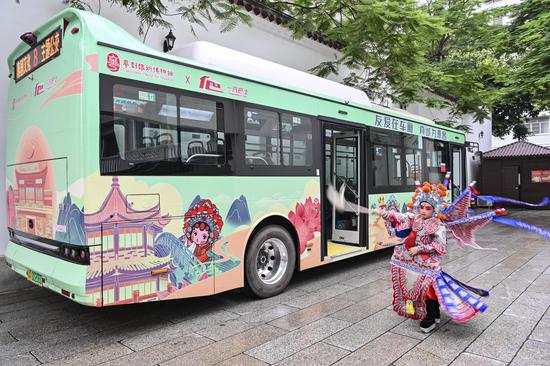

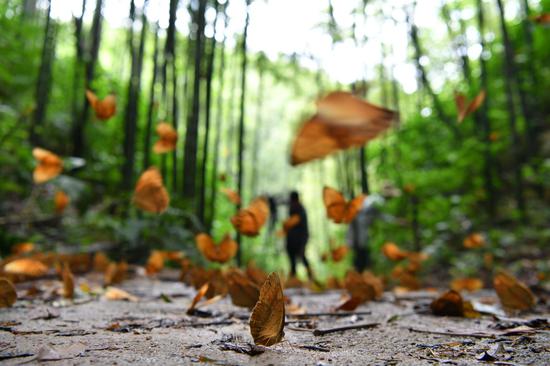
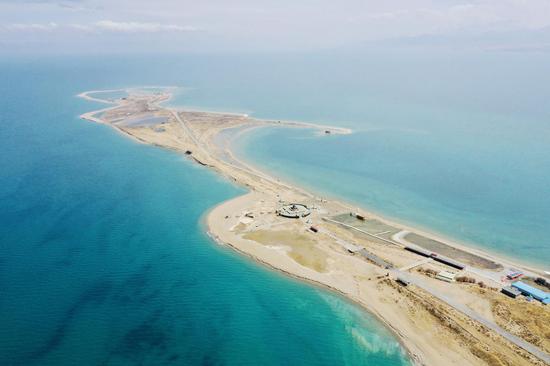
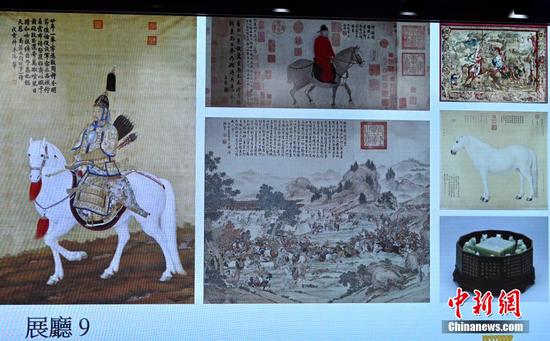
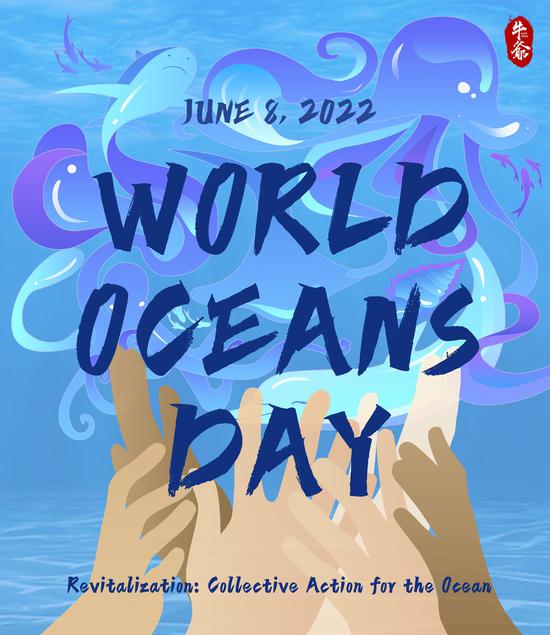
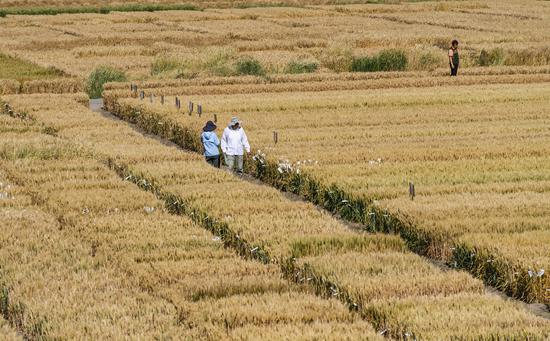
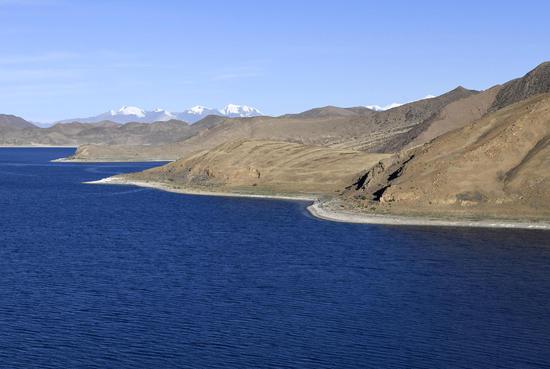

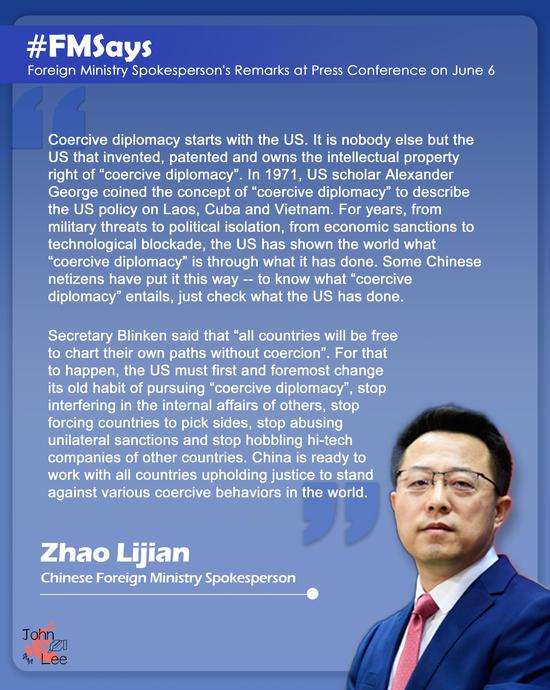
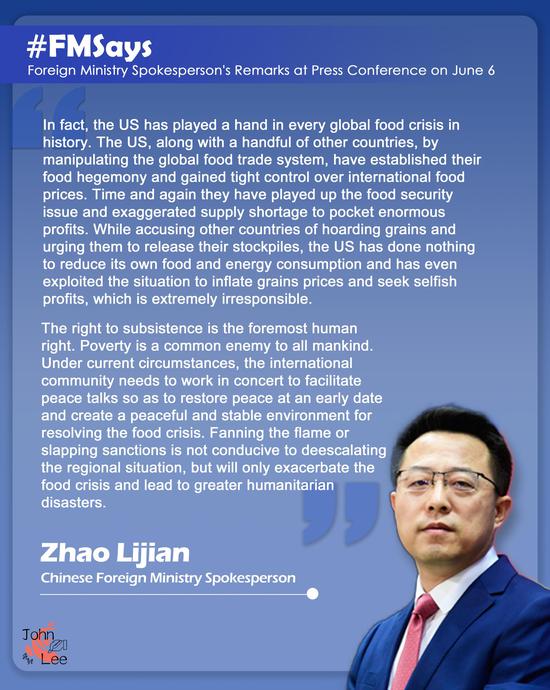
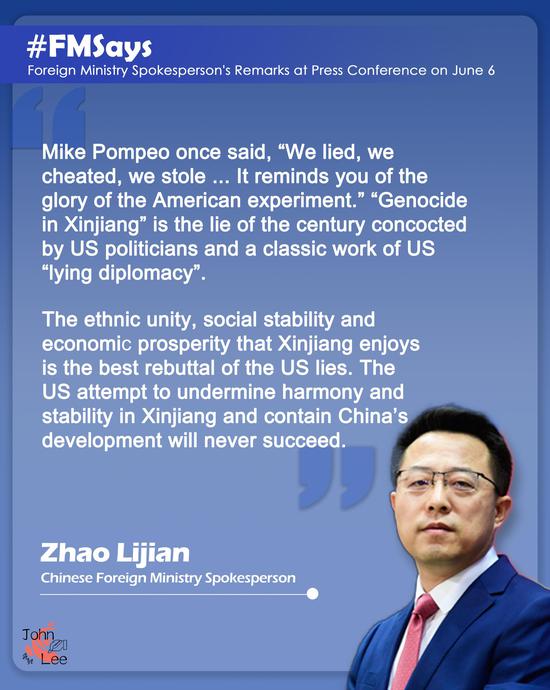
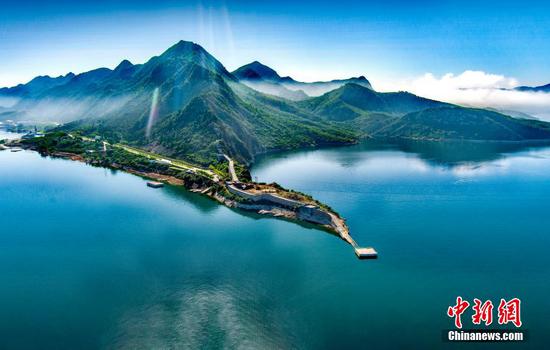
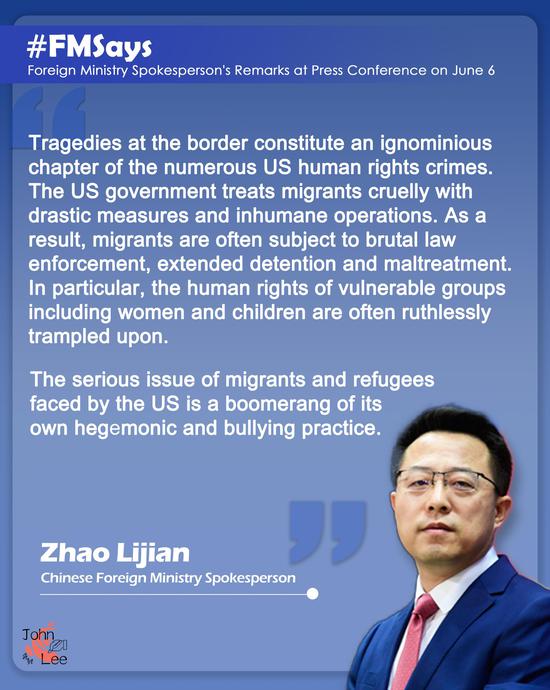
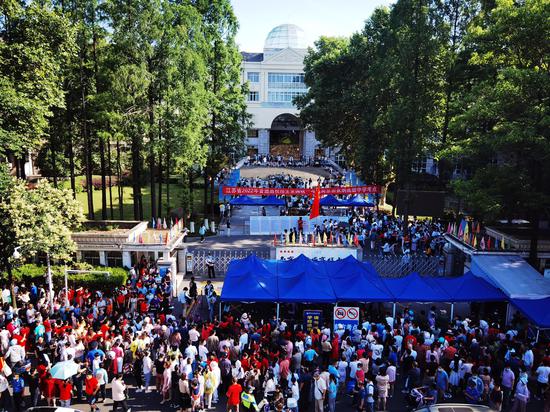





 京公网安备 11010202009201号
京公网安备 11010202009201号